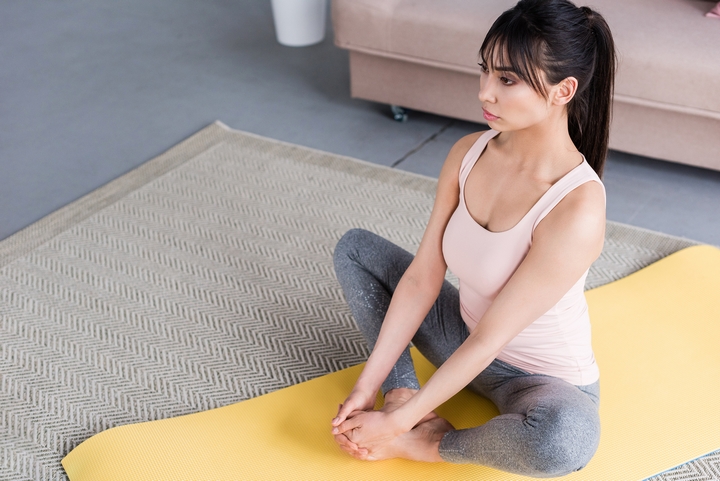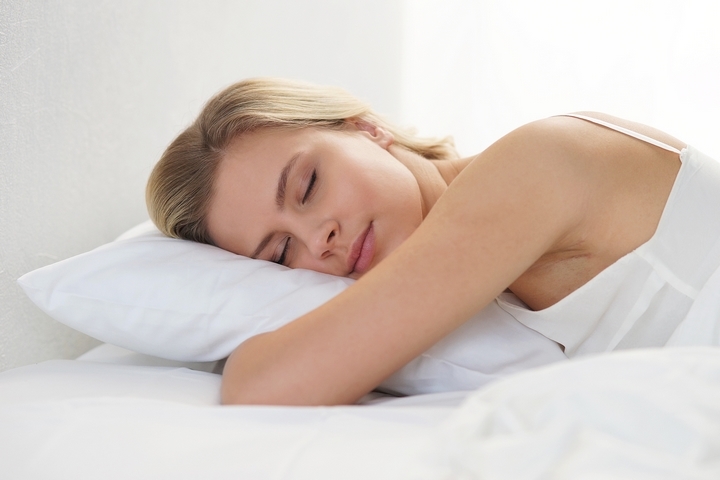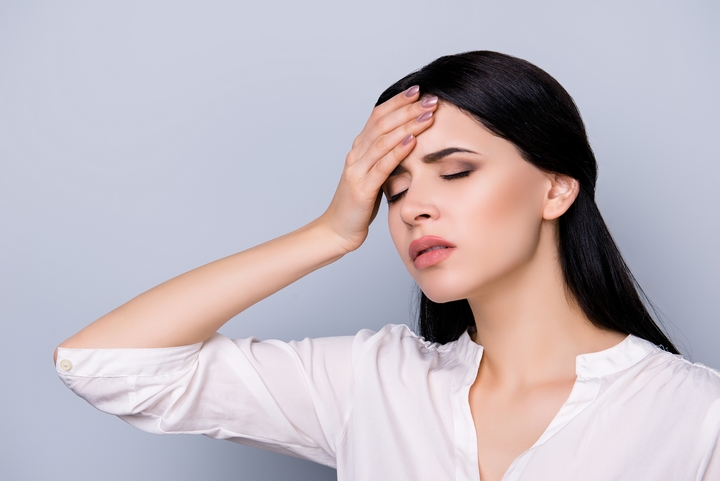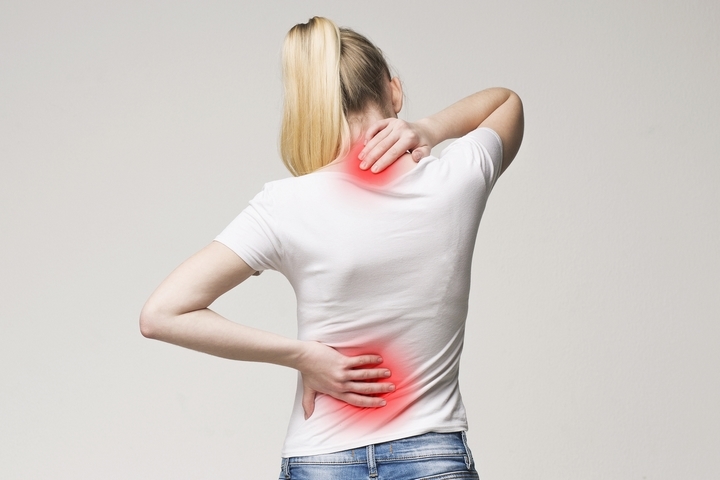It is not uncommon for women to take on more day-to-day stressors than they can manage. Stress happens when demands placed on you, or those you put on yourself, exceed your ability to cope. Stress can come from a reaction to a short-lived situation, for example, being late for an appointment. This type of stress usually only lasts a short while. Or it can last much longer if you’re dealing with relationship or financial problems, the death or illness of a loved one, or other grim circumstances.
Women face particular stresses and have unique needs regarding stress relievers and healthy lifestyle choices. Stress may be an unavoidable part of everyone’s life, but that doesn’t mean it should be ignored. Untreated stress can cause potentially severe physical and mental health problems. The good news is that, in many cases, stress is manageable. You can reduce your stress with patience and a few practical strategies.
There are various self-care strategies women can undertake to help manage the stress in their life. Here are the seven best methods of stress relief for women:
Therapy for stress relief

If you continue feeling overwhelmed or have trouble with your usual daily tasks, it is wise to seek a professional, such as a therapist or psychologist. A mental health professional is trained to help you develop strategies to manage stress effectively.
Online counselling is becoming a popular way to find mental health services. Online therapy involves remote sessions via video calls, texting, email, or telephone. Many prefer online sessions because they are private, convenient, and can be more affordable than traditional in-person sessions. Online therapy can also be more accessible to people who can’t leave home, have limited time or live in remote areas.
Exercise for stress relief

Exercise is one of the best tools to cope with stress. Not only does it raise endorphins in your body which act as mood-boosters, but regular exercise contributes to improved sleep and gives you more energy. Aim for thirty minutes of exercise daily, five days a week. If you can’t reach this goal right away, that is okay!
Even a small amount of activity is better than none; starting smaller and gradually increasing is a great plan. If you need help staying motivated, you can purchase a fitness tracker, download a fitness app, or look for an accountability group, either locally or on social media.
Diet for stress relief

Stress levels and our dietary choices are closely linked. When our stress levels are high, it is easy to forget to eat well or to be overwhelmed by cravings for sugary or fatty foods. At the moment, we might feel a bit of a boost from these unhealthy foods, but in the long run, they can lead to feeling even more stressed. On the other hand, choosing healthier options will lead to more energy, less brain fog, and an increased capacity for coping.
The best way to start incorporating healthier choices is to think ahead. Meal planning can make a big difference in what you choose to eat. Take some time to prep fruits and vegetables for easy snack options.
Breathing exercises for stress relief

You may not even notice how you are breathing, but it is common for chronically stressed women to breathe shallowly. Shallow, rapid breathing can exacerbate stress since the body is not maintaining optimal oxygen levels. Surprisingly, your stress levels can decrease quickly when you adjust your breathing pattern. It only takes a few moments to calm down by taking a few deep breaths.
Try the following breathing technique. Breathe in and out slowly and deeply, paying attention to your lungs as they expand and contract in your chest. This type of systematic breathing will oxygenate your blood and clear your mind.
Sleep

If you are a woman who is chronically stressed, chances are good that you do not get enough sleep. Perhaps you even have insomnia. It is crucial to prioritize your sleep. Set a scheduled bedtime and stick with it. Avoid screens in the hour or two leading up to bedtime. As an alternative, try reading a book, meditation, or listening to music.
Self-care

Self-care might be the most important aspect of stress relief, but it is also the hardest for many. Women are so busy caretaking for everyone else that they often neglect their health and well-being. Make sure to take time out for yourself, whether that is a hobby you enjoy, exercise, or just alone time. You can’t keep taking care of other people if you don’t take care of yourself.
Social support

Our friends can help us in many ways, from offering a supportive ear to lending a helping hand. Research shows that women with strong social ties tend to be healthier, happier and less stressed. For women, especially, this is an essential part of life. Women often deal with stress by sharing feelings and forming supportive networks.













